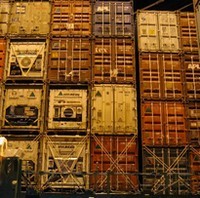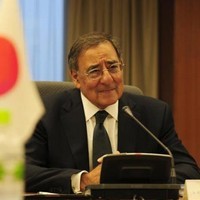
There was an overwhelming sense of relief in Europe following U.S. President Barack Obama’s re-election in November. Although European approval of the Obama administration’s foreign policy has fallen since he took office in 2009, particularly over his increased use of drones in the war on terror and his perceived failure to put greater pressure on Israel toward a final status agreement with the Palestinians, Europeans overwhelmingly preferred him to his opponent, Republican candidate Mitt Romney. Indeed, according to one poll carried out in 12 European Union member states before the election, 75 percent of Europeans said they would vote for […]








